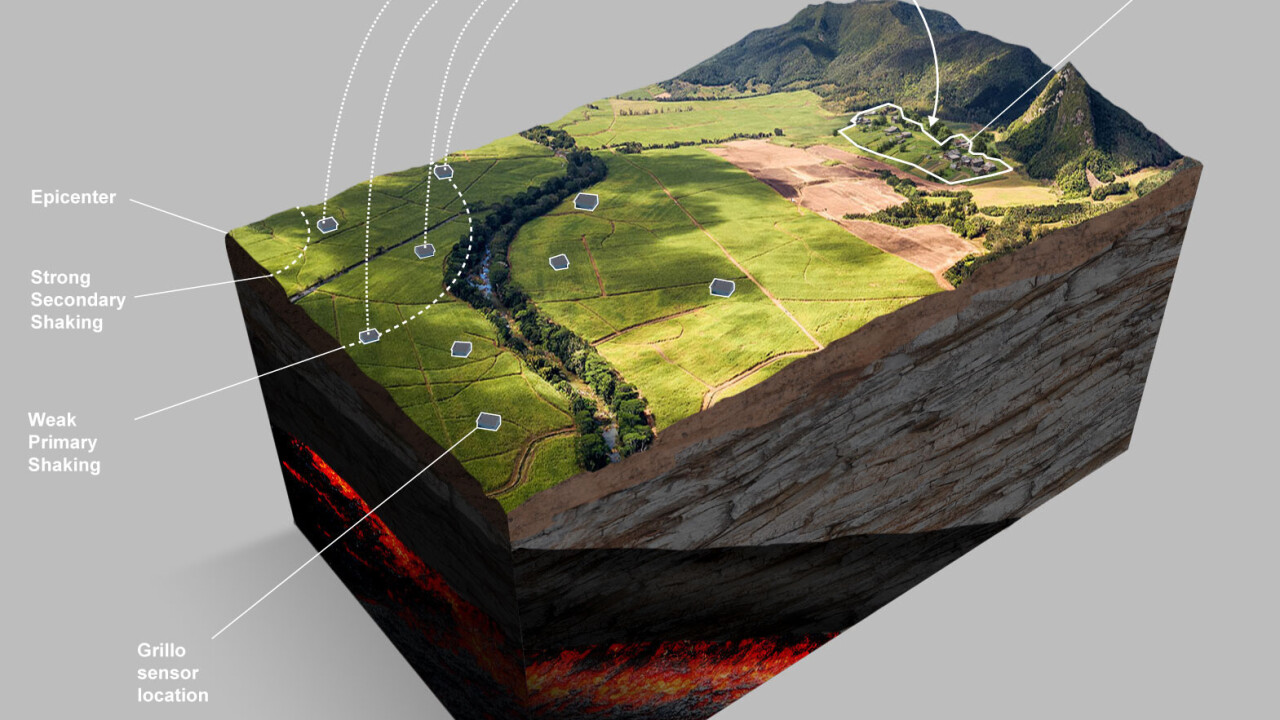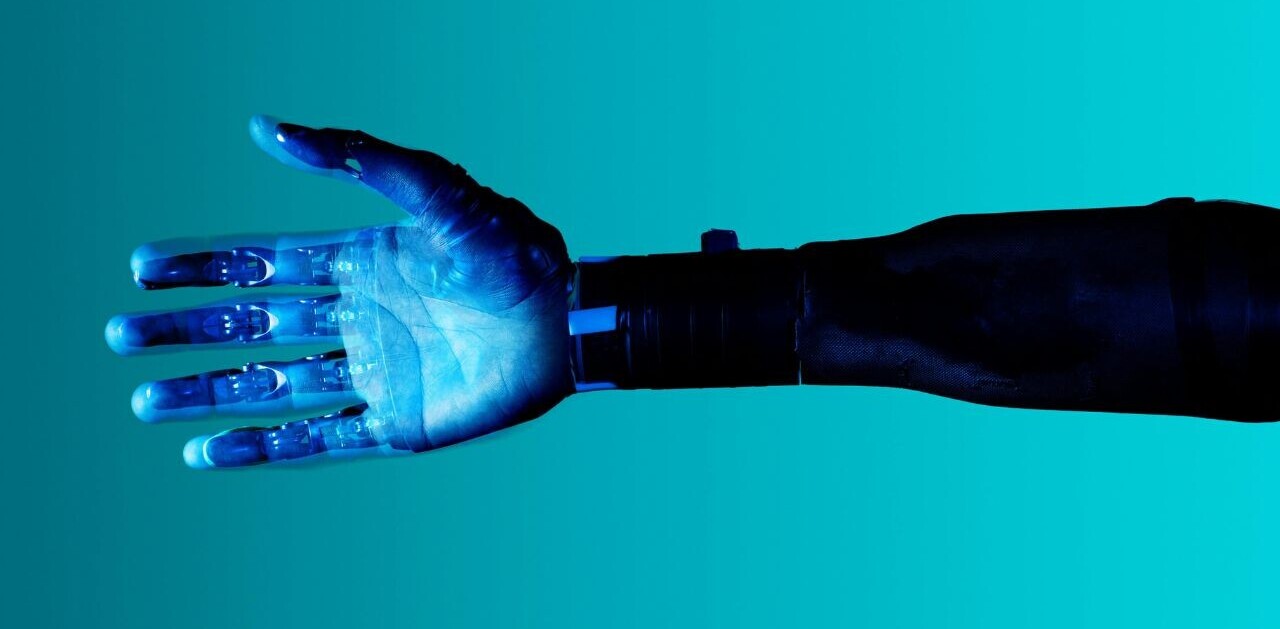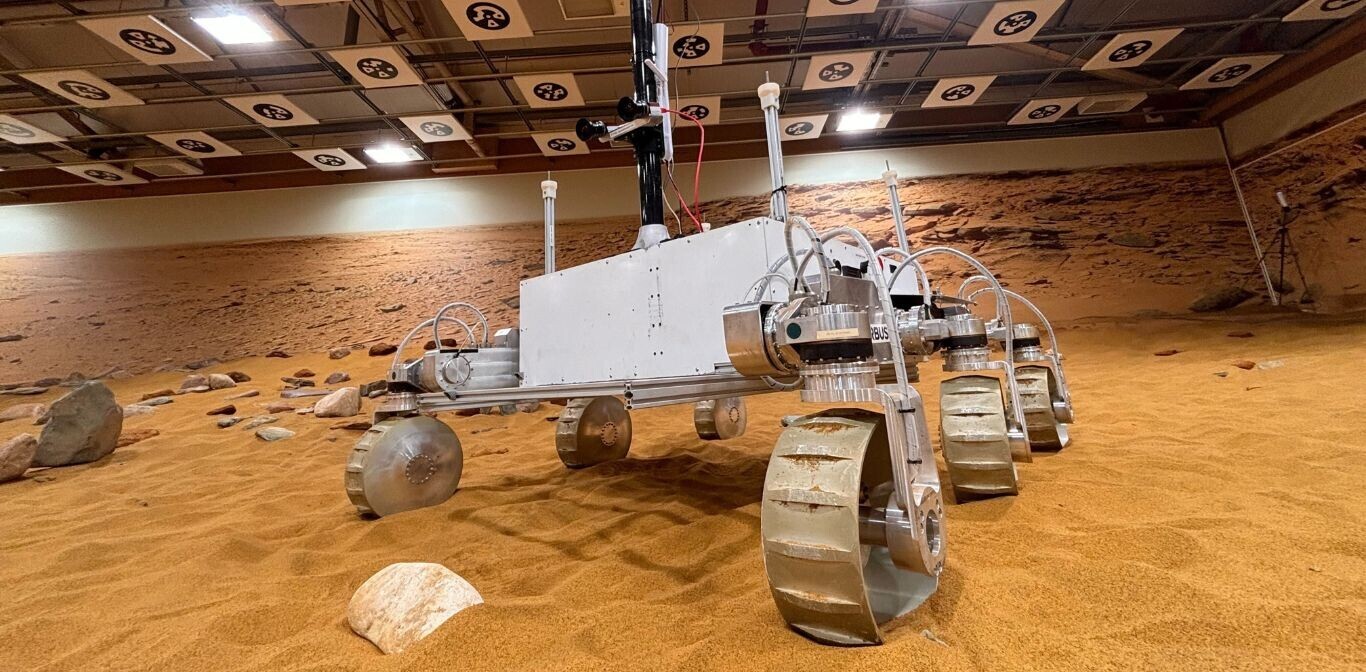
The Clinton Foundation today announced a commitment to action around deploying a low-cost, open-source-based novel earthquake detection system in the Caribbean, starting with Puerto Rico.
The system is being developed by Grillo in tandem with the long-running Call for Code challenge.
We’ve been covering David Clarke Causes and IBM’s Call for Code for years here at TNW and Grillo’s work has been one of many success stories to come out of the coding event.
Grillo worked with IBM to develop open-source kits for the contest last year and, with the help of local scientists and government officials, began testing it’s earthquake-sensing technology in Puerto Rico.
Today, the company is gearing up to deploy 90 sensors across the island, developed through what’s called “OpenEEW,” or open-source earthquake early warning.
These low-cost sensors can provide robust seismic activity detection when combined with Grillo’s machine learning solutions.
Per a Clinton Global Initiative press release:
The Caribbean is a highly seismic region due to its location at the convergence zone between major tectonic plates and communities across the region are frequently impacted by seismic events. In January 2020, southern Puerto Rico was impacted by a series of earthquakes over several weeks that damaged homes and infrastructure and caused displacement.
Earthquakes can be difficult to detect. While it’s usually impossible to miss the big ones as they’re happening, many smaller and medium-sized seismic events go undetected by modern sensors.
In fact, when Grillo developed its system in Mexico and Puerto Rico, the team found that it’s inexpensive open-source sensors and detection tech outperformed costly state systems by a significant margin.
Here’s the best part: Grillo and IBM are committed to developing these systems in tandem with local and global developers. In other words: you can help.
Per the press release:
In another important step in helping prepare and alert citizens ahead of earthquakes, they’ll be hosting deployments in Puerto Rico, leveraging the 90+ sensors located across the island and calling on the open source community to help introduce affordable, community-driven detection solutions to the region.
Grillo would like the open source communities help on the following actions:
- Developers can help improve and test the sensor firmware so that it is more reliable and easier to provision.
- The MQTT backend needs to be ported to additional open source platforms to allow for a scalable global hosted solution that will ingest data from citizen scientists everywhere.
- The detection code can use help and is being developed in Python and deployed in Kubernetes. This will allow for rapid and precise detection of earthquakes using many more sensors and distributed systems.
- The team is experimenting with machine learning for improved accuracy using the latest seismological algorithms.
- There is also work on the mobile and wearable apps both for provisioning of a sensor device, as well as receiving alerts from the cloud.
- Work is underway on the public Carbon/React dashboard which allows users to see and interact with devices, as well as view recent earthquake events.
If you think you have what it takes to contribute, or you’d like to learn how to use and develop these solutions as part of the open-source community, you can find out more here.
Greetings Humanoids! Did you know we have a newsletter all about AI? You can subscribe to it right here.
Get the TNW newsletter
Get the most important tech news in your inbox each week.




